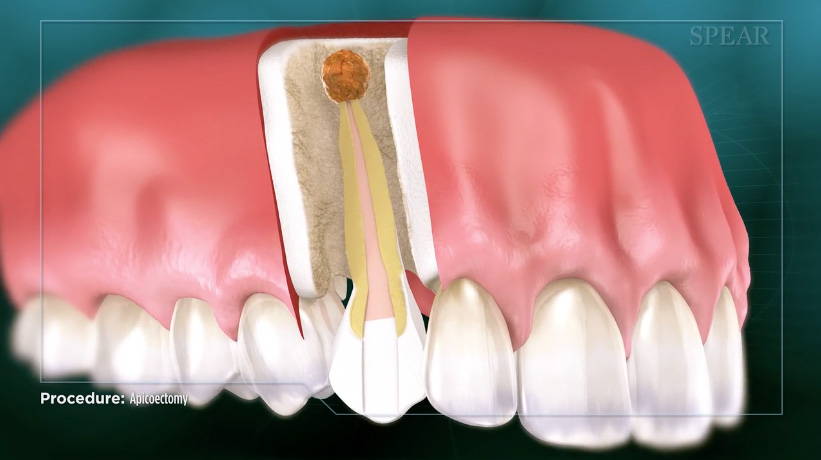Dental problems are usually perceived as something that needs to be fixed with fillings, crowns or other treatments. But it’s not so black and white. In fact, many dental problems are actually caused by an infection and not just a cavity or the presence of plaque. Recognizing whether a problem is due to an infection, rather than just the presence of plaque or tartar, is important because infections require different treatment procedures. An infection may be able to spread further if left untreated, so identifying it early will help you avoid more serious issues in the future. Read on to learn more about what dental problems and oral hygiene.
Dental problems caused by bacterial or viral infections
Bacterial infections – such as gum disease, periodontitis, or cavities – can be treated with antibiotics, but they can also be prevented by thorough daily oral health routines, like brushing and flossing, combined with regular visits to the dentist. Viral infections are triggered by the herpes virus, which causes cold sores. These are an entirely different type of infection that is not treatable with antibiotics, but they can be controlled with antiviral medication.

Herpes is not a health risk to others unless they have an open or freshly healed sore; therefore, transmission can be avoided by not sharing drinks, eating utensils or towels. You can also avoid contact by using lip balm with sunscreen in the daytime, and lip balm with soothing ingredients at night.
Dental problems caused by fungal infections
Fungal infections are very uncommon in the mouth. They usually occur in people with weak immune systems, the very young, or the very old. The most common forms of fungal infections in the mouth are thrush, which is caused by a type of yeast, and angular cheilitis, a skin infection around the corners of the mouth.

While angular cheilitis can be treated with a topical anti-fungal cream, thrush requires more advanced treatment and may require prescription medication. Fungal infections can be prevented through good oral hygiene, including brushing and flossing daily, as well as regular visits to the dentist. If you think you may have a fungal infection, see your dentist as soon as possible.
Dental problems caused by poor oral hygiene
Poor oral hygiene can cause and worsen many different dental problems. The longer food remains in your mouth, the more opportunity there is for bacteria to form and lead to cavities, or to cause gum disease. Improper brushing and flossing can lead to irritation of the gums and even gingivitis.

Using improper techniques when you brush can also lead to uneven wear on your teeth. Which can lead to sensitive teeth, tooth wear, and in the worst cases, chipped teeth. All of these problems can be treated with better oral hygiene practices. They can also be prevented by visiting your dentist regularly and following the recommended oral health routines.
Dental problems caused by irritation or allergies from food
Food allergies can cause a range of dental problems, including tooth sensitivity, gingivitis, or inflammation of the gums, and even cavities. These dental problems can be treated, but they can be prevented by avoiding the offending foods. Food allergies are caused by an overreaction of the immune system to a certain food. Food allergies that cause dental problems can be diagnosed through an elimination diet.
This means removing the potential irritants from your diet for a period of time. Usually a couple of months, and then slowly reintroducing them to see what causes a reaction. Food allergies can also cause other issues, such as itchy skin, rash, and gastrointestinal issues.
Summary
Dental problems are usually caused by an underlying infection in the mouth. Rather than just the presence of plaque or tartar. Recognizing whether a problem is due to an infection, rather than just the presence of plaque or tartar, is important because infections require different treatment procedures.






